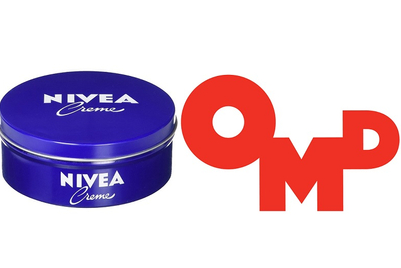
For the second time this year, OMD has successfully defended a Beiersdorf media review in Asia and emerged with more business than it had before the pitch.
Campaign has learned that OMD has been reappointed to manage Beiersdorf's full media duties in India, a key market for the owner of Nivea, Eucerin and La Prarie, among other brands.
Dentsu was OMD's main challenger in the competitive pitch, according to a person with knowledge of the review.
Moreover, Campaign understands that OMD has now been assigned an additional full media mandate for Beirsdorf brands in the Bangladesh market.
In February, OMD was reappointed as Beiersdorf's media agency of record in Indonesia, Malaysia, Philippines, Singapore and Thailand, while adding Vietnam and Cambodia to its remit.
That appointment followed a Southeast Asia review begun in 2018, covering online and offline media strategy, planning and buying.
(This article first appeared on CampaignAsia.com)


.jpg&h=334&w=500&q=100&v=20250320&c=1)
.jpg&h=334&w=500&q=100&v=20250320&c=1)
.jpg&h=334&w=500&q=100&v=20250320&c=1)


.jpg&h=334&w=500&q=100&v=20250320&c=1)




.jpg&h=268&w=401&q=100&v=20250320&c=1)


.jpeg&h=268&w=401&q=100&v=20250320&c=1)
.jpg&h=268&w=401&q=100&v=20250320&c=1)



